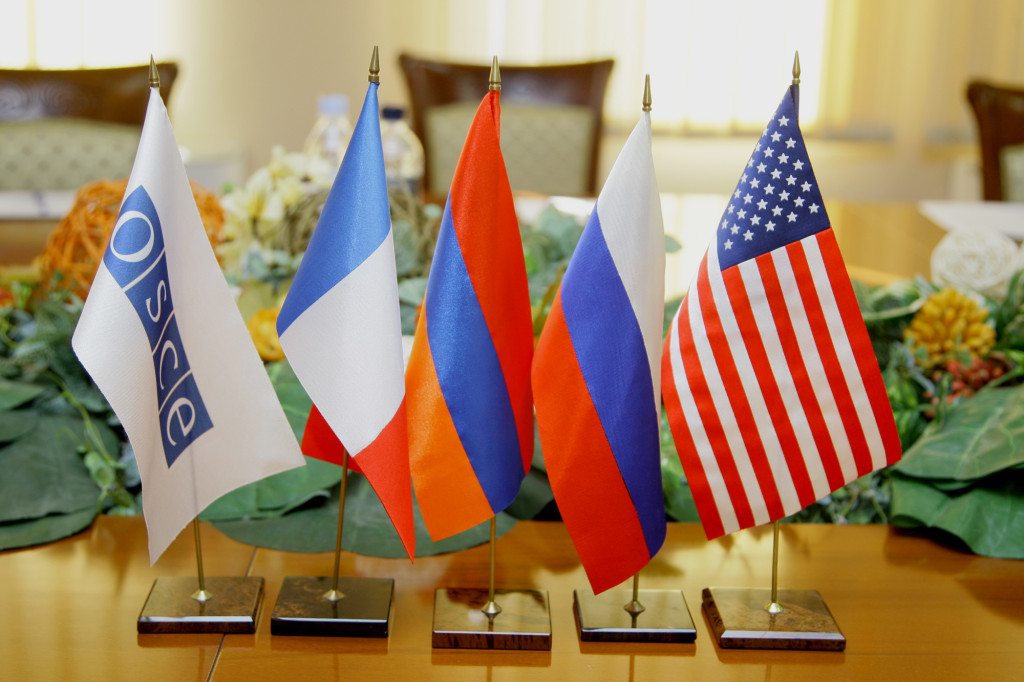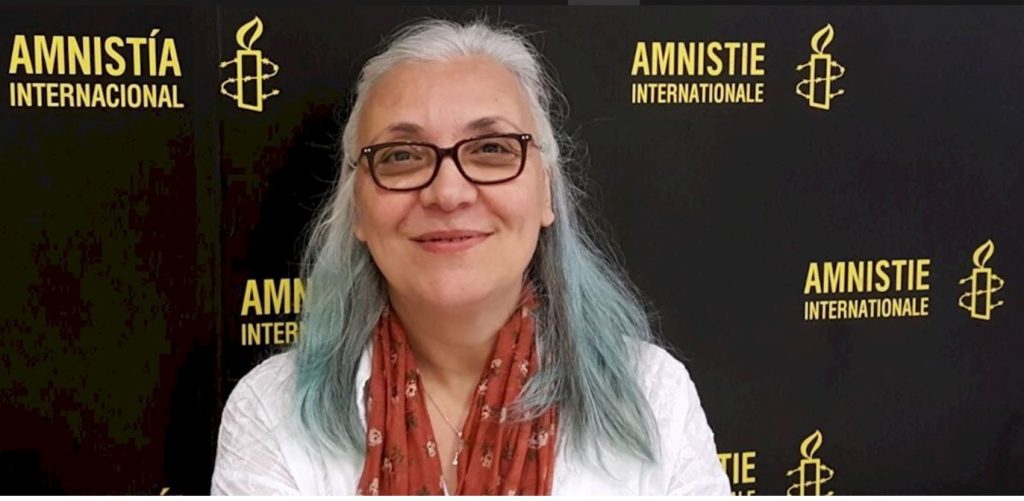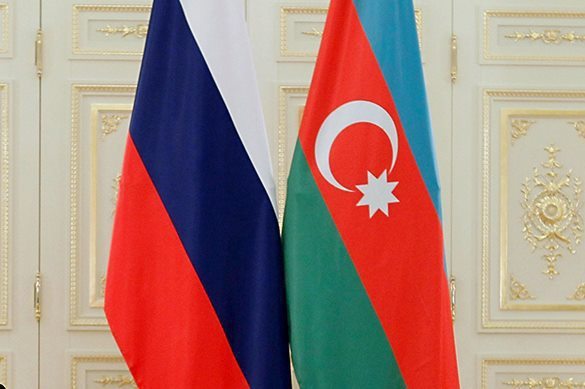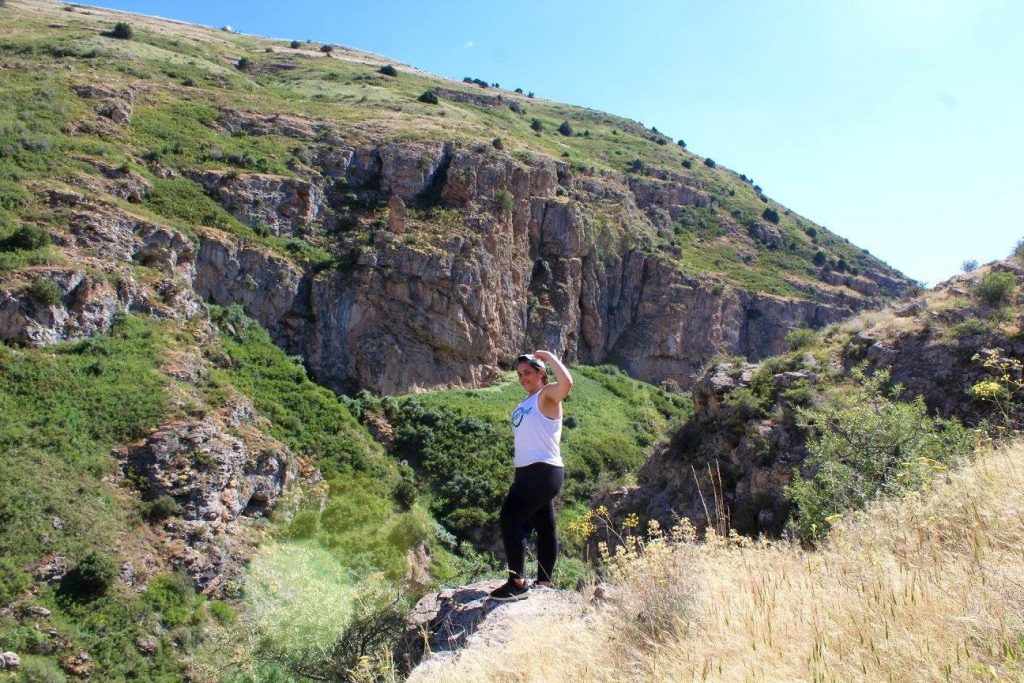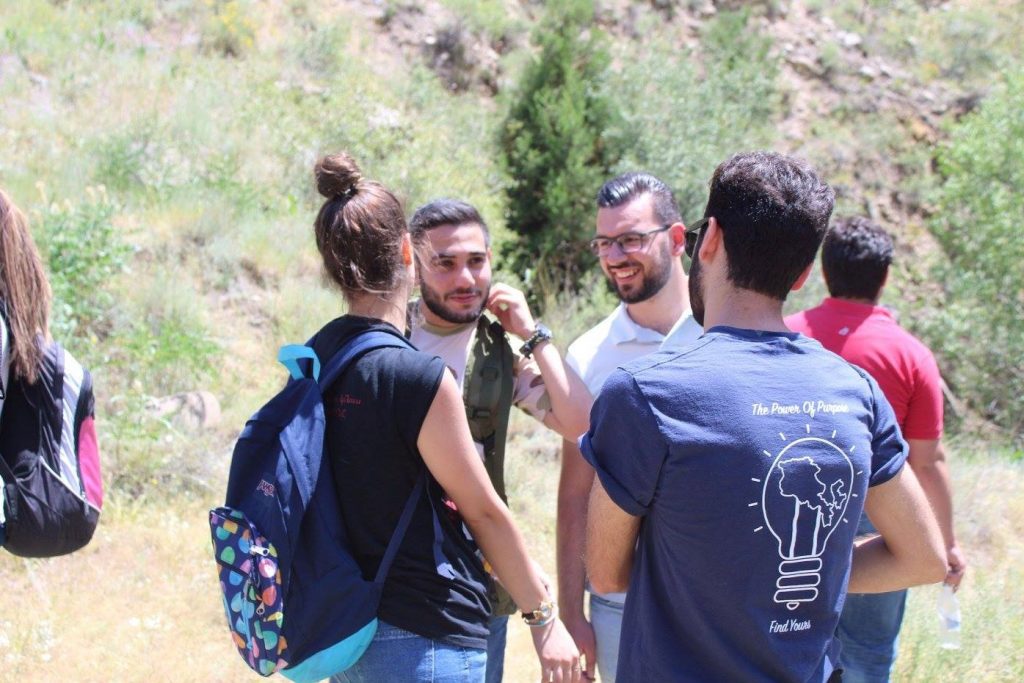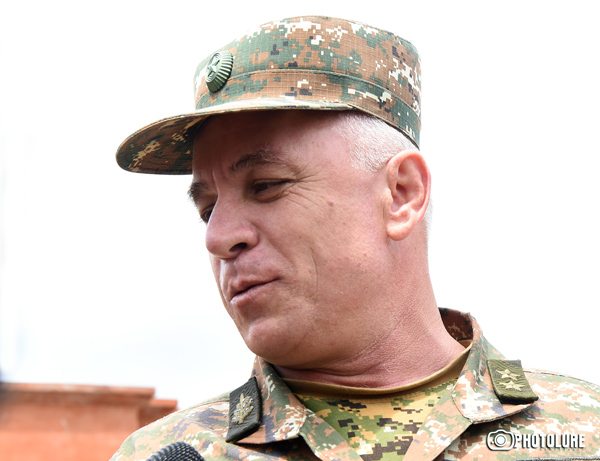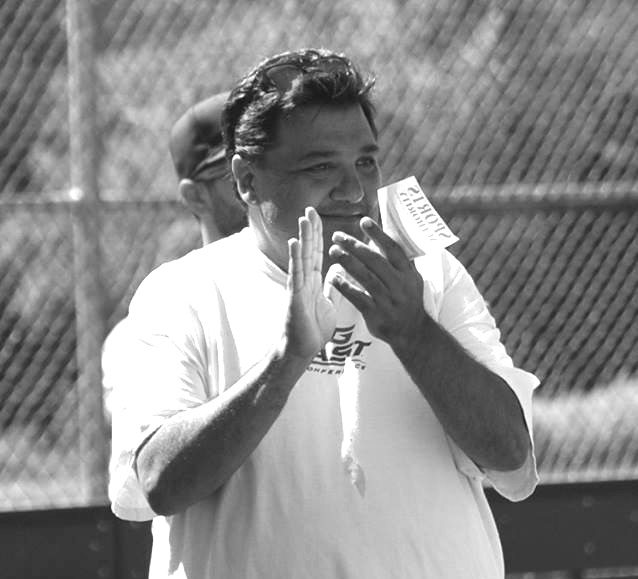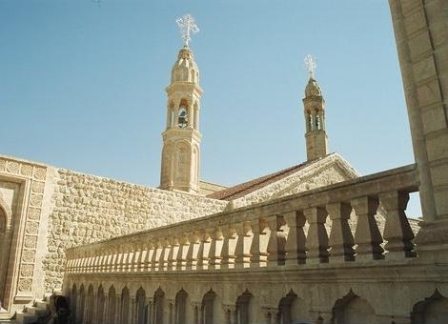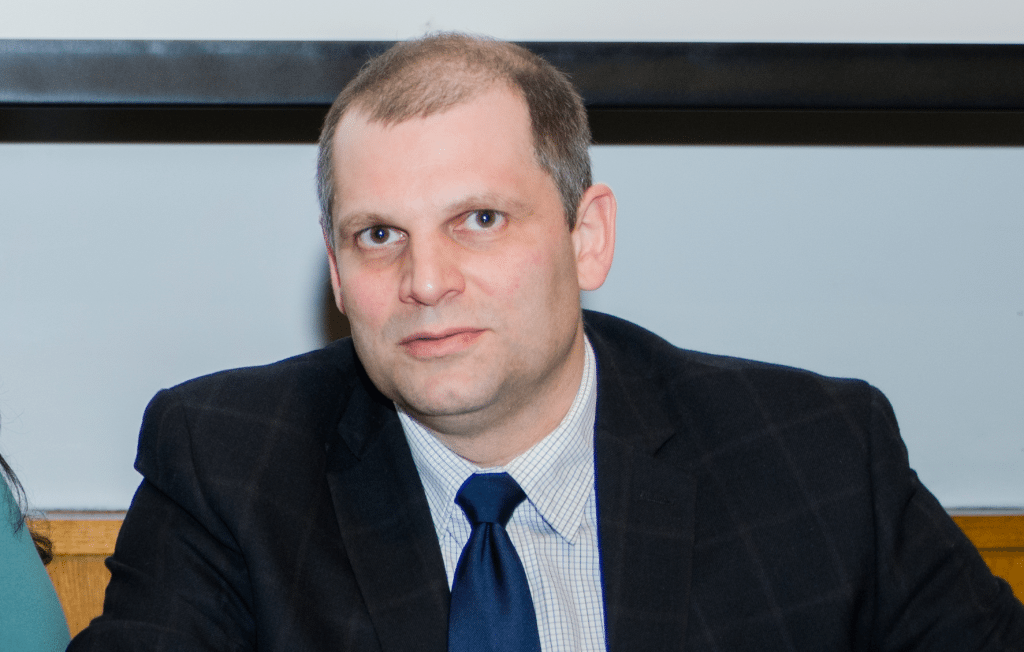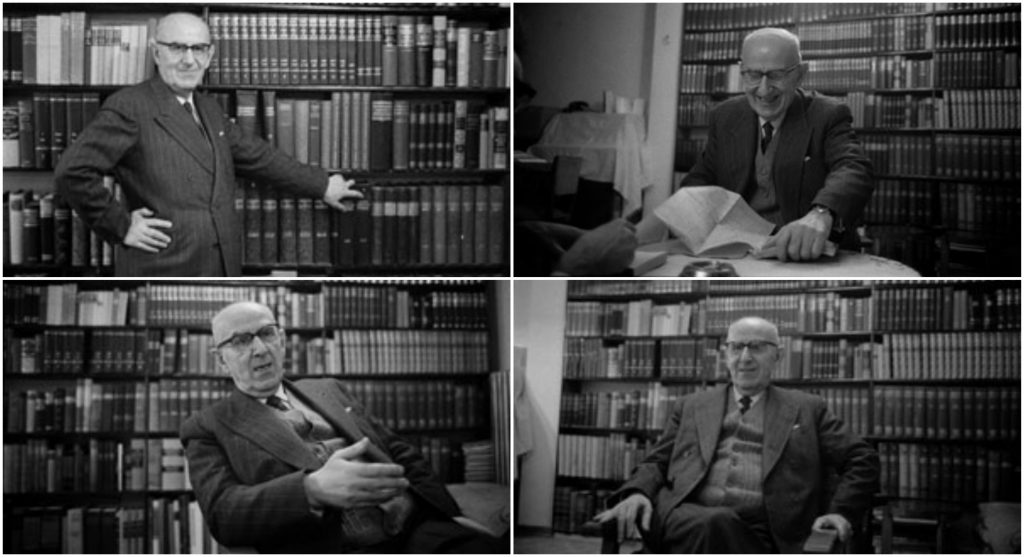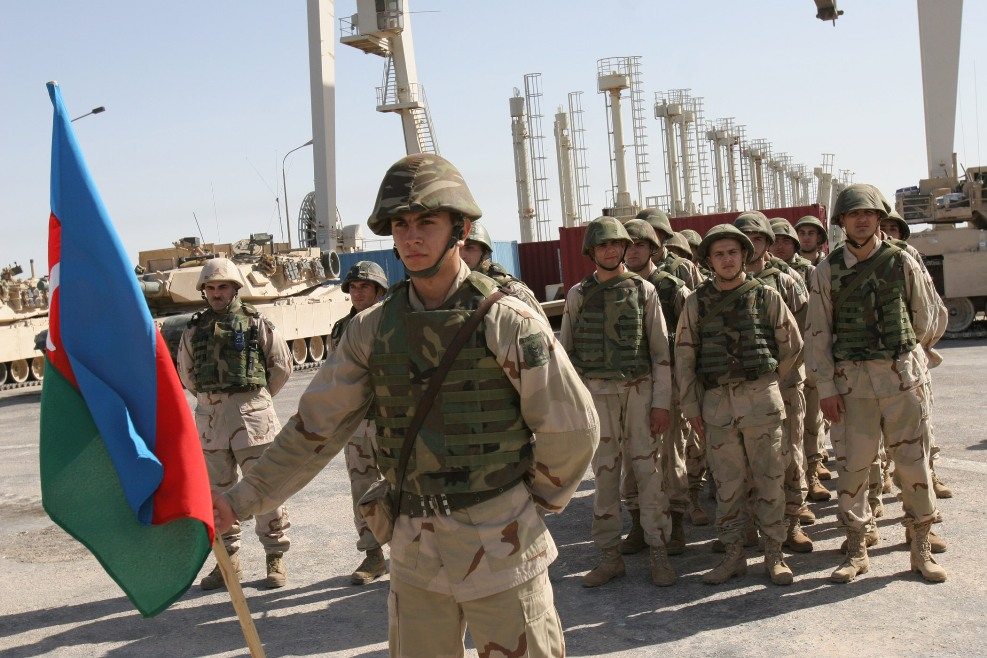Special for the Armenian Weekly
“Turkey’s president wants to purge Western words from its language,” reported The Economist on June 15.
[Recep Tayyip Erdoğan’s] latest purge has a more abstract target. Mr. Erdoğan wants to rid Turkish of unsightly Western loan-words. Turkey faces a mortal threat from foreign “affectations”, Mr. Erdoğan declared on May 23rd. “Where do attacks against cultures and civilisations begin? With language.” Mr. Erdoğan started by ordering the word “arena”, which reminded him of ancient Roman depravity, removed from sports venues across the country.
![]()
Hagop Martayan, or Agop Dilaçar, was the first Secretary General and head specialist of the state-funded Turkish Language Institution (Türk Dil Kurumu, TDK) founded in 1932 in Ankara. (Photos: Ara Güler)
In 2014, Erdoğan had proposed introducing mandatory high school classes in Ottoman Turkish.
During the six centuries of the Ottoman Empire, the language in which laws, religious texts, and literature were written was called the Ottoman language. It was written in Arabic script and extensively used Arabic and Persian words.
The Turkish Republic, founded in 1923, took on a challenging task: creating a new language to be written in Latin script. Doing so would require a lot of work and imagination. Researchers developed new grammar rules, invented new Turkish words, and borrowed words from Western as well as other languages. And that language became the Turkish language the people in Turkey speak today.
“Who helped redesign the way an entire nation would write and express itself?” asks The 100 Years, 100 Facts Project. “None other than one Hagop Martayan.”
Hagop Martayan, or Agop Dilaçar, was the first Secretary General and head specialist of the state-funded Turkish Language Institution (Türk Dil Kurumu, TDK) founded in 1932 in Ankara. He worked as a professor of Turkish at Ankara University between 1936 and 1951. He also was the head adviser of the Turkish Encyclopedia between 1942 and 1960. He wrote books and articles on the Turkish language. Beside his mother tongue, Armenian, he knew English, Ottoman, Azeri, Uighur, Latin, Greek, German, Russian, and Bulgarian.
He devoted most of his life and his entire career to developing Turkish and uplifting Kemalist ideals—including the irrational and unscientific “Sun Language Theory,” which claimed that Turkish was the language from which all civilized languages derived. According to this theory, all human languages could essentially be traced back to Turkic roots.
In an article about Martayan’s life (“The Good Child of the Republic: Hagop Martayan or A. Dilaçar”), Levent Özata, a journalist with the newspaper Agos, writes that Martayan was sent to the Caucasian front to fight as an Ottoman soldier during WWI. After the war, Martayan held various positions, including principal of an Armenian school in Beirut, Lebanon, and then a lecturer of Turkish and Uighur in Sofia, Bulgaria. But when the newly formed Turkish state decided to invent a new language in the 1930s, Martayan’s life changed course.
With his articles on the Turkish language, Martayan had attracted the attention of the authorities. But he had been denationalized, stripped of citizenship; he was wandering around with a certificate documenting his statelessness. He was allowed to enter Turkey as “a special guest of Mustafa Kemal, the first president of Turkey, to develop the Turkish language.
With the founding of the new republic, the political leaders of Turkey accelerated the process of forced Turkification through several policies that targeted the non-Muslim and non-Turkish citizens of the country.” The historian Rıfat Bali writes:
Another indication of being Turkified was to Turkify names and surnames. The Law of Family Names accepted in 1934 made mandatory for everybody to take a family name. However, the law prevented the adoption of names of tribes, foreign races and nations as family names. The Greeks of Turkey would Turkify their names by dropping the “-dis” and “-poulos” suffixes. Most of the Jews would Turkify their names and surnames by finding a Turkish equivalent for each Jewish name.
And it was Mustafa Kemal who suggested Martayan’s surname, Dilaçar [literally, “one who opens up the tongue (or language)”; perhaps better translated as “language-giver”] because of his contributions to Turkish after the promulgation of the Law of Family Names.
Yalçın Yusufoğlu, a journalist, politician, and author, wrote that his mother, who worked as a primary school teacher between 1926 and 1970, said “Professor Agop was one of those who taught us Turkish. He was the professor of professors.”
Martayan held his position and continued his research in linguistics at the TDK until his death on September 12, 1979, in Istanbul. Yet, despite his contributions, Martayan’s death once again showed the insane levels of Armenophobia in Turkey. His hard work, his loyalty to the Turkish government, and even his turning a blind eye to the persecution of his own people did not pay off, for he was still an Armenian—the identity that Turkey tried to annihilate in 1915.
Upon his death, he was treated like a second-class citizen without a name. The TDK, for which he had toiled for decades, published a note of condolence on newspapers in which his full name was censored, written as “A. Dilaçar.”
Even when government authorities attempted to “award” him, they hid his Armenian name. “There is a street named after him in the Şişli town of Istanbul: ‘A. Dilaçar Street’ (‘A. Dilaçar Sokağı’),” Özata reported.
Turkish journalists also joined the chorus and concealed his name. Yusufoğlu wrote an article describing how all Turkish newspapers—other than Gerçek (The Truth), the daily that Yusufoğlu worked for at the time—censored the name Agop:
It was September of 1979. That evening, those watching the main news bulletin of the TRT [state-funded Turkish Radio and Television Corporation] learnt that ‘Adil Açar’ was dead. No one listening to the news report had heard that name. They learnt from the TRT that the said person had contributed to the Turkish language, was one of the former officials of the Turkish Language Institution and would be laid to rest on the scheduled day.
The next day we learnt from newspapers that the name of the scholar was not ‘Adil Açar’. The announcement that the TDK got published on newspapers referred to the deceased as ‘A. Dilaçar’. it did not mention at what mosque the funeral would be held and at what cemetery he would be buried. Moreover, all newspaper reports covered it saying ‘A. Dilaçar has died’. The [state-funded] Anadolu Ajansı (Anatolian Agency/AA) also covered it in the same fashion. And none of the newspapers later made a correction, either out of ignorance or to follow the official jargon. In brief, the deceased had no name or last name.
Agop’s full name is not written even on the cover of his biography, published by the Turkish Language Institution, to which he dedicated his entire career. Instead, it is written as “A. Dilaçar.”
Martayan was not the only Armenian linguist who researched and developed Ottoman and/or modern Turkish. The researcher Yaşar Şimşek listed some of them, as follows: Edvard Vladimiroviç Sevortyan, Pars Tuğlacı (Parseh Tuğlaciyan), Kevork Pamukciyan, Lazar Zaharoviç Budagov, Artin Hindoghlou (Hintliyan), Bedros Keresteciyan, Karekin Deveciyan, Anton Tıngır, Krikor Sinapyan, Armenak Bedevyan, Bedros Zeki Garabedyan, Cosimo Comidas de Carbognano (Kömürciyan).
Another Armenian linguist from Turkey, Sevan Nişanyan, who is one of the leading intellectuals and authors in the country, has been jailed since 2014 on trumped-up charges against him.
Turkish curricula at schools does not mention even the name of Martayan or any other Armenian intellectual. For teaching Turkish children about Armenians who made massive cultural and intellectual contributions to their homeland could lead to some “unwanted” consequences for the Turkish government.
Children have curious minds. A Turkish child who has not been brainwashed by official Turkish propaganda could well ask “dangerous” questions even if taught a little bit about the Armenians: Since when have Armenians been living in Asia Minor? Was there a time when they were the majority? Or have they always been a tiny minority as they are today? How many Armenians lived in the Ottoman Empire? Besides Martayan, who were the other famous Armenians? And what has happened to all those hundreds of thousands of Armenians? Where have they disappeared?
Teaching Turkish children about real Armenians with real stories—not lies about Armenians as “treacherous enemies” who tried to destroy Ottoman Turkey and who thus deserved to get “neutralized”—could help Turkish children develop humane bonds with and fraternal feelings for the Armenian people.
Of course, such questions would greatly challenge the status quo for the Turkish government. And intellectual dissent—no matter where it comes from—is what the Turkish government detests and punishes most severely.
Moreover, recognizing and respecting Armenian people are not what the founding fathers of the Turkish Republic have taught their Turkish citizens. Ataturk, who gave Martayan his Turkish last name, is quoted as having said on March 16, 1923, in a speech to the Adana Turkish Merchant Society: “The Armenians have no right whatsoever in this beautiful country. Your country is yours, it belongs to Turks. This country was Turkish in history; therefore it is Turkish and it shall live on as Turkish to eternity…. Armenians and so forth have no rights whatsoever here. These bountiful lands are deeply and genuinely the homeland of the Turk.”
The etymology of Turkish words is not what matters in a country that still has much bigger, more serious moral and ethical issues to tackle. The words that Turks use might well be rooted in Arabic, Persian, French, English, or—God forbid—Armenian, Greek, or Kurdish. What matters is the need to face the pathological racism and bigotry in Turkey that have concealed the Armenian name of the linguist who helped create the modern Turkish language.
